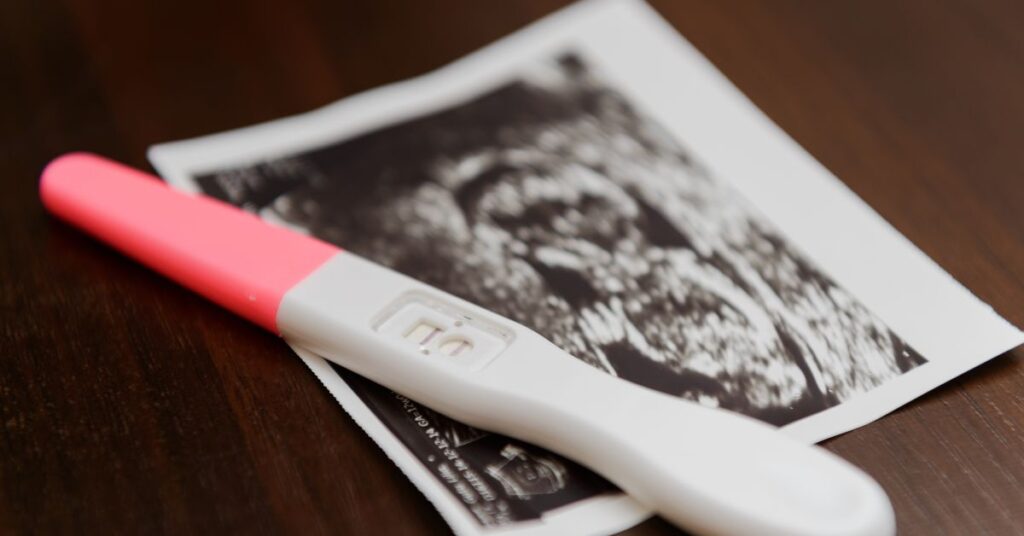Pregnancy Loss Care & Support | Bella Femme Gynaecology
Understanding Pregnancy Loss
What is Pregnancy Loss?
Pregnancy loss, often referred to as miscarriage or stillbirth depending on the timing, is the unexpected loss of a pregnancy before the baby is born. It’s a deeply emotional and sometimes physically painful experience that affects not only the mother but also her partner and family. Pregnancy loss is more common than most people think and doesn’t always have a clear explanation.
Types of Pregnancy Loss
Understanding the types can help demystify the condition:
Miscarriage
The most common form, occurring before 20 weeks of pregnancy. It often happens in the first trimester and may be due to chromosomal abnormalities.
Ectopic Pregnancy
When the embryo implants outside the uterus, usually in a fallopian tube. This is a medical emergency and not a viable pregnancy.
Molar Pregnancy
A rare complication caused by abnormal fertilization, where tissue grows inside the uterus instead of a normal embryo.
Stillbirth
The loss of a baby after 20 weeks of pregnancy. This can happen during pregnancy or delivery and is less common but devastating.

Causes of Pregnancy Loss
Many factors contribute to pregnancy loss, and often it’s a combination of several:
Chromosomal Abnormalities
Most early miscarriages are due to random chromosomal issues that prevent the embryo from developing normally.
Hormonal Imbalances
Conditions like thyroid disorders or insufficient progesterone levels can interfere with pregnancy development.
Uterine or Cervical Issues
Anomalies in the shape of the uterus or a weak cervix can cause complications that lead to loss.
Infections and Illnesses
Certain viral or bacterial infections, if untreated, can negatively affect pregnancy. Chronic conditions like diabetes or autoimmune diseases also play a role.
Lifestyle and Environmental Factors
Smoking, alcohol, drug use, high stress, or exposure to toxins can increase the risk of loss.

How Pregnancy Loss is Diagnosed
Medical Tests and Ultrasound
An ultrasound is often the first step to confirm whether the pregnancy is viable or not.
Blood Work and Hormonal Checks
Doctors may check hCG levels (the pregnancy hormone) to see if they are increasing as expected.
Coping Emotionally After a Pregnancy Loss
The Emotional Rollercoaster
The grief that follows a loss is real and valid. You may feel sadness, anger, confusion, and hopelessness—all at once.
Talking About Grief
Opening up to your partner, a friend, or a support group can be healing. Avoid bottling it up.
When to Seek Professional Help
If your emotional pain feels overwhelming or persistent, speak to a therapist who specializes in grief or perinatal mental health.
Treatment and Medical Care After Pregnancy Loss
Natural Passing
In some cases, the body will pass the tissue naturally. Your doctor will monitor the process for complications.
Medication or Surgical Procedures
Options like misoprostol or a D&C (dilation and curettage) may be recommended for faster or more complete resolution.
Post-Loss Medical Monitoring
Your doctor may suggest tests or treatments before trying again, especially if there are recurrent losses.

The Role of the Gynaecologist
Compassionate Care
A trusted gynaecologist offers not just medical support but emotional care through one of life’s toughest moments.
Long-Term Monitoring and Support
If you’ve had multiple losses, your doctor may explore advanced tests and customized care plans.
Stories of Strength and Hope
Many women go on to have healthy pregnancies after loss. Your story doesn’t end here. It’s just a chapter—one that will make your journey more powerful.
Myths vs. Facts About Pregnancy Loss
- Myth: Miscarriages are rare.
Fact: Up to 1 in 4 pregnancies end in loss. - Myth: It’s always the woman’s fault.
Fact: Most losses are beyond anyone’s control. - Myth: You shouldn’t talk about it.
Fact: Talking helps in healing and reducing stigma.
Final Thoughts and Encouragement
Pregnancy loss is a silent heartbreak, often hidden behind closed doors. But you are not alone. Every tear, every emotion is valid. With the right support, love, and care, healing is possible. And when you’re ready, hope can bloom again.
FAQs About Pregnancy Loss
1. How common is pregnancy loss?
It’s more common than most people think. Around 10–20% of known pregnancies end in miscarriage, mostly during the first trimester.
2. Can I prevent a miscarriage?
Not always. Some factors are out of your control, but maintaining a healthy lifestyle and seeing your doctor regularly can help.
3. When should I see a doctor after a pregnancy loss?
As soon as you suspect a loss or experience symptoms like heavy bleeding, pain, or fever, contact your doctor.
4. Is it safe to get pregnant after a miscarriage?
Yes, many women go on to have healthy pregnancies. Your doctor will guide you on the best time to try again.
5. Can stress cause miscarriage?
While extreme stress can affect overall health, normal stress levels alone are unlikely to cause a miscarriage.

